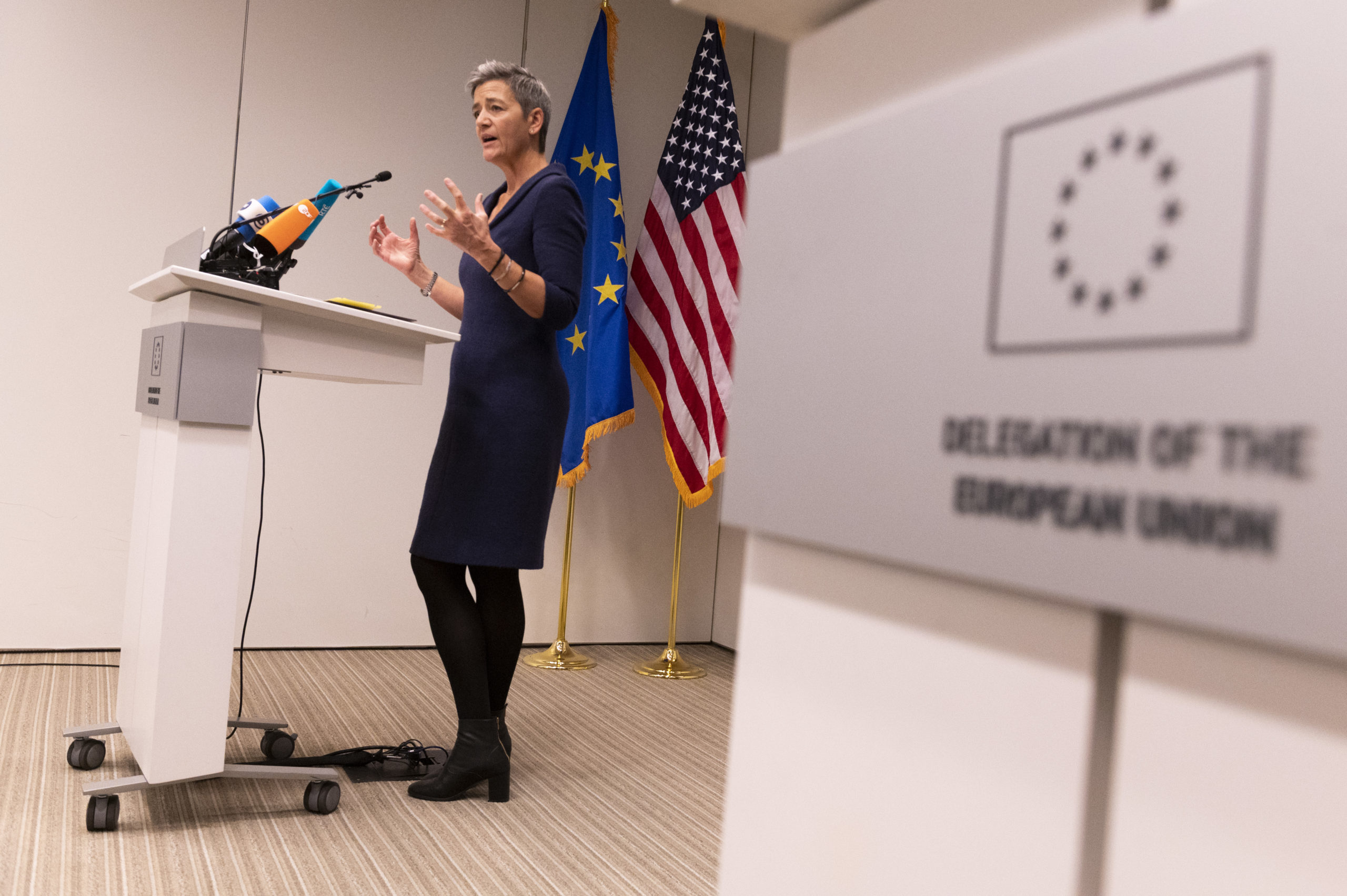
EU allows member states to subsidize green tech in reaction to US

EU Executive Vice-Presidents Margrethe Vestager explained on Thursday that the new ruling only applies to “strategic equipment” /European Commission
The European Commission decided on Thursday that individual member states are temporarily allowed to support local industries developing gre


Comments
Ready to join the conversation?
You must be an active subscriber to leave a comment.
Subscribe Today